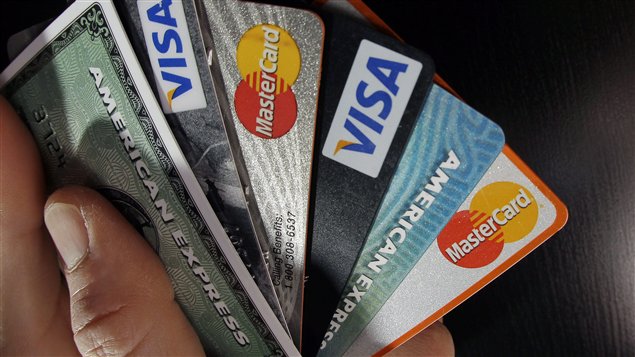A Canadian man is fighting a bank’s insistence that he pay more than $80,000 that was fraudulently charged to his credit card, and that is raising questions about whether banks are seeking to shift liability for fraud to their customers.
Three years ago, Jason Monaco sued the Canadian Imperial Bank of Commerce after the bank insisted he was responsible to pay for a custom-built race car charged to his Visa card, a purchase Monaco says he never made.
The bank is holding Monaco responsible for the car purchase because the transaction was completed using a personal identification number (PIN) in conjunction with the card’s embedded chip.
In its statement of defence, CIBC argues that “it is not possible to process a chip and PIN transaction without the Visa card and the confidential PIN.”

Chip and PIN security not impenetrable– researcher
Steven Murdoch, a researcher with the computer laboratory at Britain’s Cambridge University, disagrees that “chip and PIN” security is impenetrable.
“It’s actually quite an old technology — between 15 and 20 years old.”
CIBC’s lawyers say the caveats in Monaco’s cardholder agreement also make him responsible for the charge.
“The primary cardholder is liable for any transactions made on the Visa account” the language reads, “if any cardholder uses a PIN to make the transaction.”
CIBC also points to a condition that stipulates cardholders are responsible for all charges until the bank is alerted that a card is lost or stolen.
Monaco claims his card was neither lost, stolen nor did he divulge his PIN to anyone.
Canadians don’t read long credit card agreements
All of this raises questions about the lengthy documents Canadians must agree to but never read in order to get a credit card.
Maura Drew-Lytle, a spokeswoman for the Canadian Bankers Association, says the various conditions aren’t onerous.
“[The banks] are quite reasonable in my opinion,” Drew-Lytle said.
“Generally, if they don’t think you have knowingly contributed to the fraud, then chances are you will get reimbursed. Again, it’s case by case. They have to look at that.”
Banks reimburse millions for fraudulent transactions
Last year, Canada’s six largest banks reimbursed clients some $9 million for fraudulent online transactions. The most recent statistics (2012) on credit card and debit card payouts top half a billion dollars.
But the banks don’t provide statistics on the value of fraud they don’t cover, or the number of clients they refuse to make whole.







For reasons beyond our control, and for an undetermined period of time, our comment section is now closed. However, our social networks remain open to your contributions.